
Riots Quiet Down After Party Officials Sacked in Xinjiang
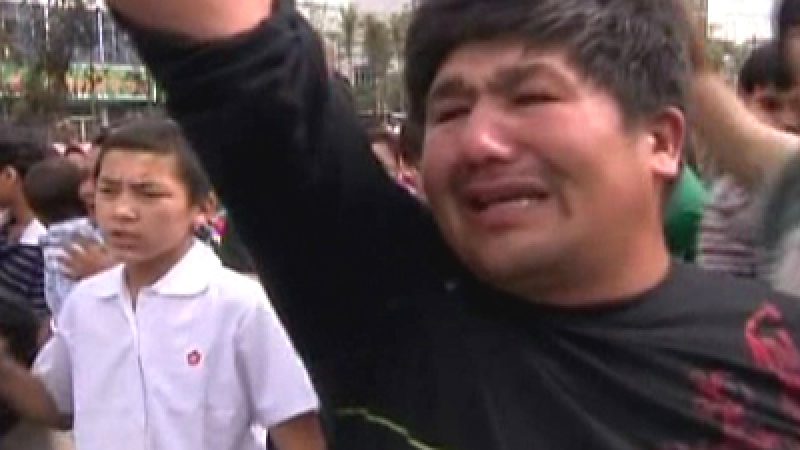
Riots in China’s Xinjiang region have died down in recent days after two high-ranking Communist Party officials were fired. But some locals are still living in fear.
A spate of syringe needle stabbings in Urumqi, the capital of Xinjiang, sparked more than ten of thousand residents to protest in the streets last week.
Doctors are trying to placate locals by saying that the needle attacks will not spread AIDS or other life-threatening diseases.
But some protesters say authorities still haven’t done enough to protect them. Many also feel authorities haven’t done enough to ease ethnic tensions in the wake of the riots last July that left hundreds of people dead.
Now, residents are calling for the highest-ranking communist leader in the region, party secretary Wang Lequan, to step down.
Two officials have been ousted: City party secretary Li Zhi and regional chief of police Liu Yaohua. But Wang is still in office.
[Mr. Xie, Han Chinese Resident]:
„I think it would be a good thing for Wang Lequan to step down. He’s been in charge of Xinjiang for more than 10 years. Of course, there’ve been changes since he was here, but it would be the same if anyone else was in charge during these years of reform.”
[Urumqi Resident]:
„Changing him will not help us. They should replace Wang Lequan. People have already said we don’t want Wang Lequan. Of course, this won’t be totally fair, but we wish to have a secure environment.“
According to official statistics, 531 people claim to have fallen victim to syringe stabbings. But doctors say only 171 have shown actual signs of injury on their skin.
Twenty-two people are now being monitored for infection, but local authorities say that the victims have not contracted AIDS or other diseases.
But while no one died from the needle stabbings, five people were killed during last week’s protests.
Authorities are blaming the stabbings on separatists from the Uighur ethnic group—and that has further fueled ethnic tensions in the already troubled area.
[Wupuer, Uighur Resident]:
„Now, no matter whether you are Han Chinese or of a minority ethnicity, you feel different from how it was in the past. There is a sense of insecurity. Before we were very united and got along harmoniously.“
[Wang Jian, Han Chinese Resident]:
„These kinds of conflicts will affect a person’s deepest feelings. Some bad feelings have been created in the depths of people’s hearts. So I think no matter what, people should try to close ranks in the future.“
There was a smaller protest in Urumqi on Sunday involving dozens of Han Chinese. According to Reuters, witnesses say police quickly dispersed them with tear gas.
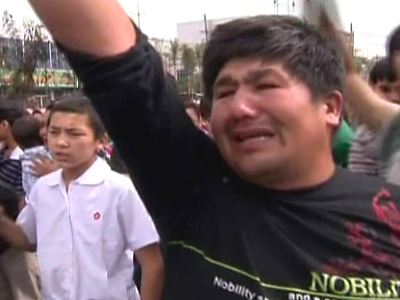 (NTDTV)
(NTDTV)


![[Live] FDP-Wahlkampfauftakt mit Parteichef Lindner in Potsdam](https://images-de.epochtimes.de/uploads/2025/01/Thumb-FDP-Live-Potsdam-400x225.jpg)










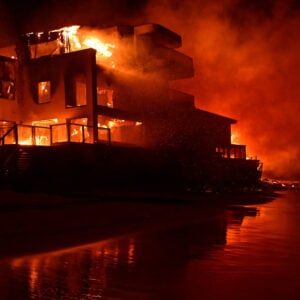

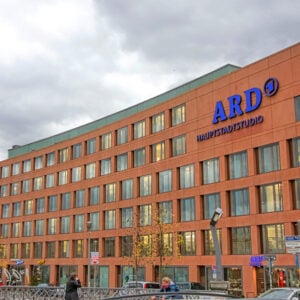

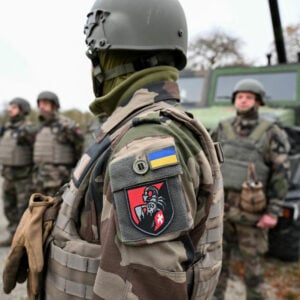
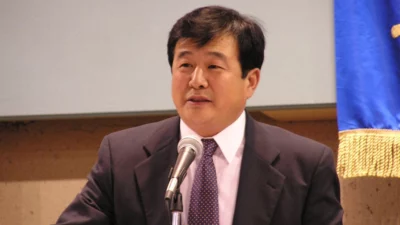



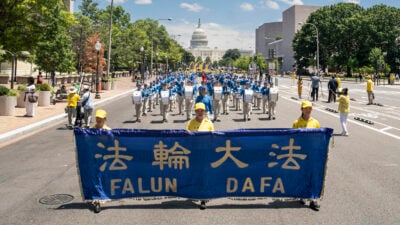




vielen Dank, dass Sie unseren Kommentar-Bereich nutzen.
Bitte verzichten Sie auf Unterstellungen, Schimpfworte, aggressive Formulierungen und Werbe-Links. Solche Kommentare werden wir nicht veröffentlichen. Dies umfasst ebenso abschweifende Kommentare, die keinen konkreten Bezug zum jeweiligen Artikel haben. Viele Kommentare waren bisher schon anregend und auf die Themen bezogen. Wir bitten Sie um eine Qualität, die den Artikeln entspricht, so haben wir alle etwas davon.
Da wir die Verantwortung für jeden veröffentlichten Kommentar tragen, geben wir Kommentare erst nach einer Prüfung frei. Je nach Aufkommen kann es deswegen zu zeitlichen Verzögerungen kommen.
Ihre Epoch Times - Redaktion